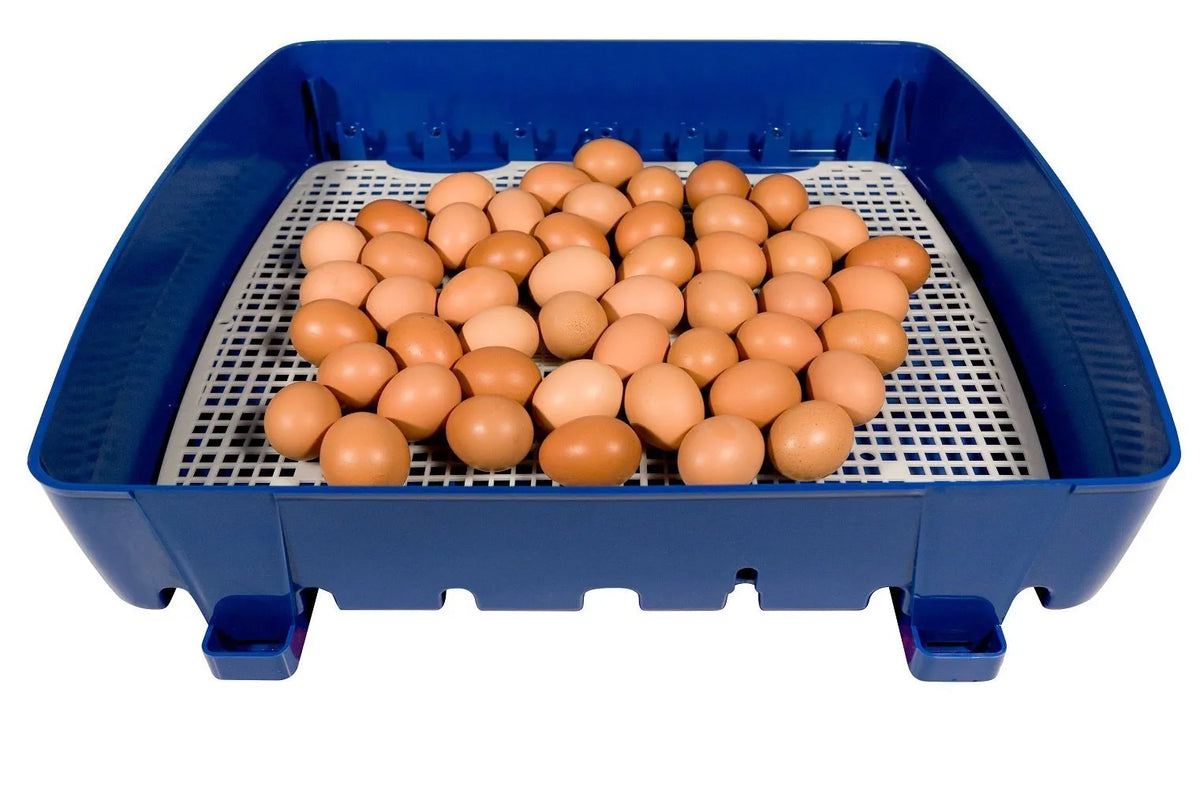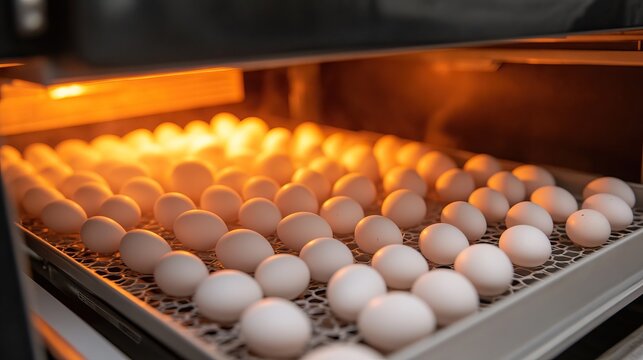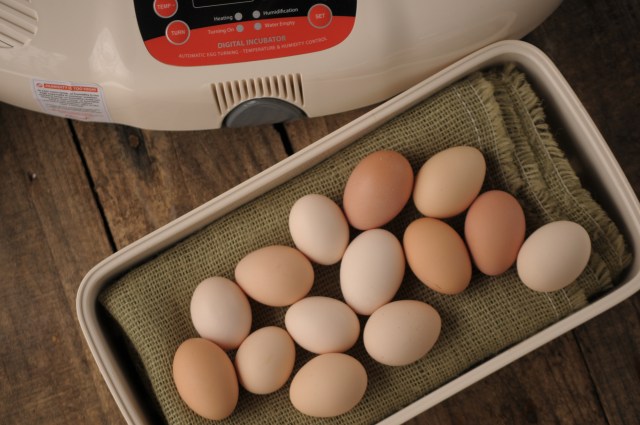Raising chickens in your backyard is a rewarding experience, especially when you see the first fluffy chick peeping out of its shell. To make this experience even more fulfilling, having the best small incubator for backyard chickens is essential. This guide will help you understand the features to look for and how to make the most out of your incubator.

Why Choose a Small Incubator?
Small incubators are perfect for backyard chicken enthusiasts due to their compact size, ease of use, and affordability. They are designed to fit small batches of eggs, making them ideal for those who are just starting or have limited space. Moreover, they consume less power and are easier to maintain, ensuring that even beginners can successfully hatch eggs.
Features of the Best Small Incubators
1. Size and Capacity
When looking for the best small incubator for backyard chickens, consider its size and capacity. A small incubator typically holds between 7 to 24 eggs. It’s important to choose one that fits your specific needs and space.
2. Temperature Control
Accurate temperature control is crucial for successful egg incubation. The incubator should maintain a constant temperature, usually between 99.5F to 101.5F. You can find more details on the ideal temperature for chicken incubators on our website.
3. Humidity Regulation
Humidity plays a vital role in the hatching process. The best incubators have built-in humidity controls or at least a way to monitor and adjust humidity levels. Check out our guide on maintaining humidity for more tips.
4. Egg Turning Mechanism
An automatic egg-turning feature is highly recommended as it saves time and effort. It ensures that the eggs are turned regularly, which is essential for the development of the embryos.
Top Picks for Small Incubators
Here are some of the top-rated small incubators that are perfect for backyard chicken keepers:
1. Brinsea Mini II Advance
This incubator is compact and reliable, offering precise temperature and humidity control. It can hold up to 7 eggs and includes an automatic egg turner.
2. Magicfly Digital Mini
Known for its ease of use, the Magicfly incubator holds up to 12 eggs. It features a digital display for temperature and humidity, and an automatic egg-turning system.
3. HovaBator Circulated Air Incubator
The HovaBator is larger, holding up to 24 eggs, but it’s still considered small and efficient. It has a fan for even heat distribution and a thermometer for monitoring.
Tips for Successful Incubation
1. Pre-Incubation Egg Care
Before placing eggs in an incubator, ensure they are clean and stored correctly. Learn more about storing eggs before incubation.
2. Monitoring and Adjustments
Regularly check temperature and humidity levels. Make necessary adjustments to avoid any incubation failures.
3. Candling Eggs
Candling allows you to monitor the development of embryos. It’s advisable to candle eggs every few days. For a detailed guide, visit how often to candle eggs.
Common Challenges and Solutions
Incubating eggs can come with challenges like temperature fluctuations or humidity issues. To overcome these, ensure your incubator is in a stable environment and check settings regularly.
The Joy of Hatching Your Chicks
Hatching chicks is a rewarding experience that brings joy to any backyard. With the right incubator and care, you will witness the miracle of life as your chicks emerge.
For more detailed information on hatching chicks, visit this comprehensive guide.

FAQs
What is the best incubator for beginners?
The Magicfly Digital Mini is highly recommended for beginners due to its simplicity and efficiency.
How often should eggs be turned in an incubator?
Eggs should ideally be turned at least three times a day. Automatic turners can help maintain consistency.
Can I incubate different bird eggs together?
Yes, but ensure they have similar incubation periods and requirements for temperature and humidity.
This article contains affiliate links. We may earn a commission at no extra cost to you.











